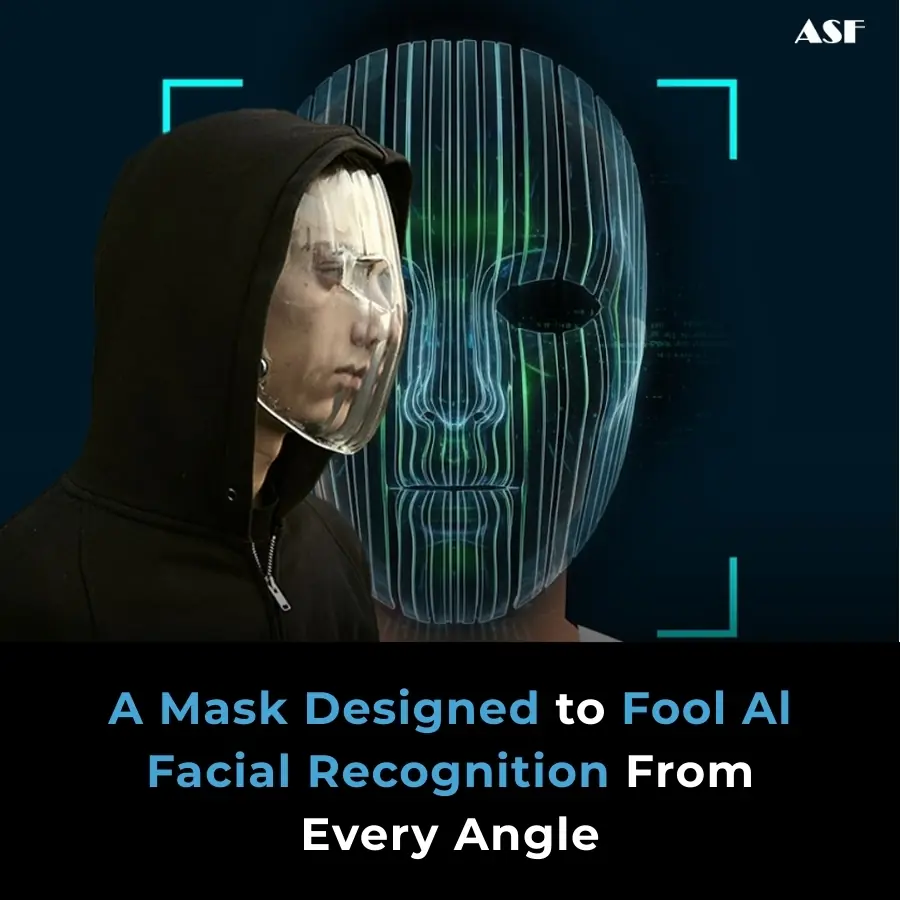
World’s First Full Human Eye Transplant Shows Promising Survival
Historic First: Full Human Eye Transplant
For the first time in medical history, surgeons have successfully transplanted an entire human eye — including its retina, optic nerve, and blood vessels. While the patient has not regained vision yet, the newly transplanted eye shows healthy blood flow and active photoreceptor cells just weeks after the operation. This groundbreaking result demonstrates that a whole human eye can survive inside the body.
The Patient and the Procedure
The transplant was performed in May 2023 on a 46-year-old man who had lost his left eye and suffered significant facial injuries in a severe electrical accident two years prior. The surgery involved a large team of over 140 medical professionals and lasted 21 hours. This remarkable effort not only replaced the lost eye but also partially reconstructed the surrounding facial structures, highlighting the complexity of combining ocular and facial transplantation.
Current Status and Challenges
Although the transplanted eye is thriving biologically, restoring vision remains a major challenge. Reconnecting the optic nerve, which transmits visual information from the eye to the brain, is notoriously difficult because the central nervous system does not naturally regenerate. As a result, the patient cannot see through the transplanted eye at this time, but monitoring has confirmed normal intraocular pressure and robust blood circulation.
Signs of Success
Despite the absence of vision recovery, several encouraging signs have emerged. Tests have shown that the retina’s rods and cones — the cells responsible for detecting light — are surviving and functioning. Additionally, the body has not rejected the donor eye even after several weeks, a remarkable outcome given the complexity of the surgery. Surgeons also injected stem cells into the optic nerve during the operation in hopes of supporting nerve health and eventual reconnection.
Scientific and Medical Implications
This transplant is more than a cosmetic achievement; it represents a significant scientific milestone. Demonstrating that a full human eye can survive, maintain blood flow, and keep retinal cells alive opens potential avenues for future therapies targeting blindness and severe eye injuries. Researchers believe that such procedures could pave the way for developing treatments that may one day restore vision in patients with otherwise irreversible eye damage.
Looking Ahead
While restoring sight through a full eye transplant remains a long-term goal, this landmark operation proves that it is possible for a whole eye to survive in a human body. Medical experts around the world are watching closely, recognizing the potential for future breakthroughs in both ocular surgery and regenerative medicine. This case turns what was once considered science fiction into a tangible reality, offering hope for patients with severe eye trauma or blindness.
News in the same category


Tesla Faces Slump: Over 10,000 Cybertrucks Remain Unsold Amid Weak Demand
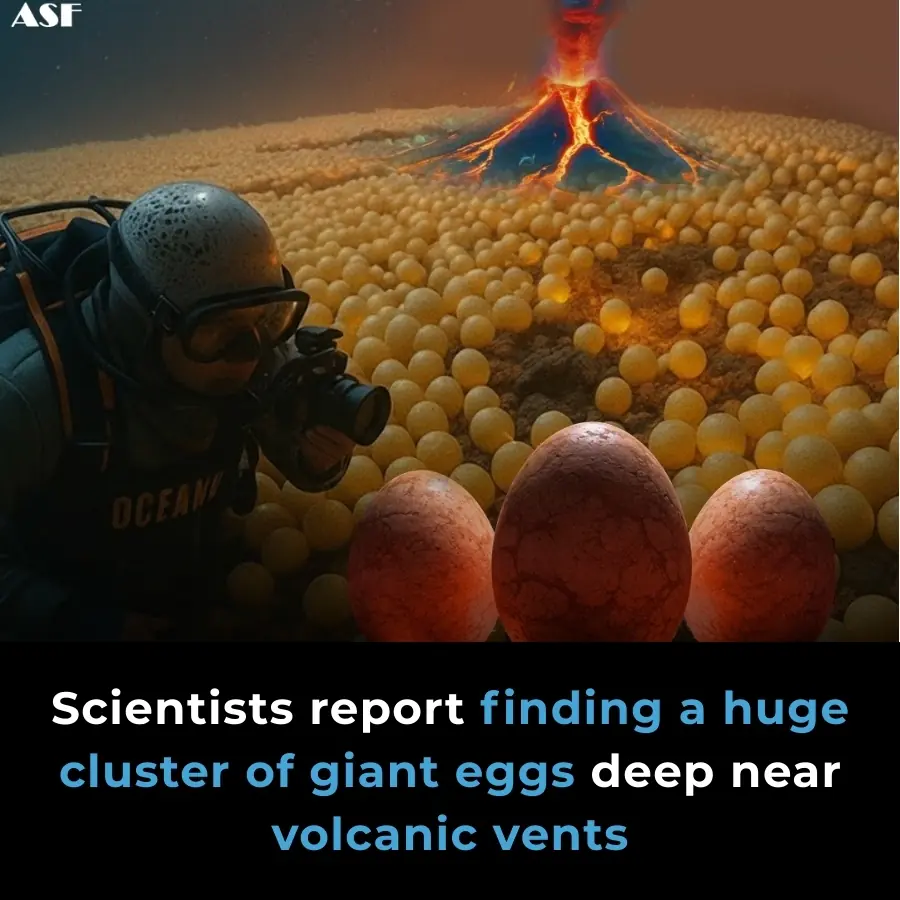
Over a Million ‘Giant Eggs’ Discovered Near Deep-Sea Hydrothermal Vents
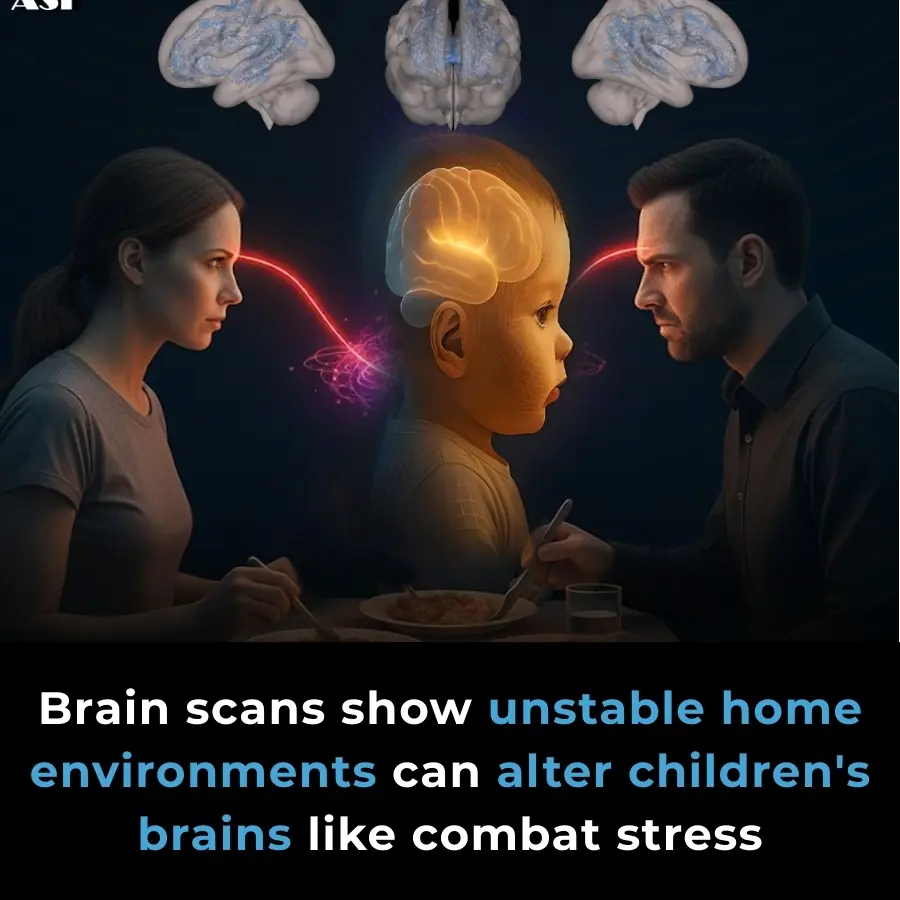
How Childhood Trauma Shapes the Brain: Insights from Neuroscience
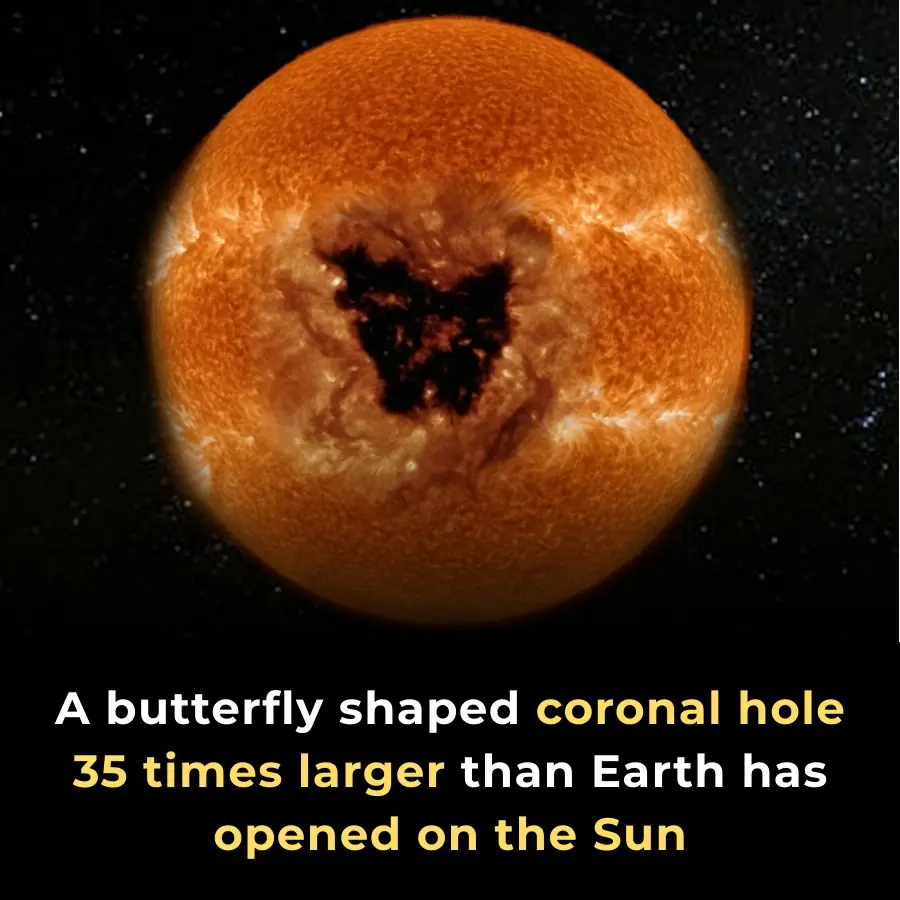
NASA Spots Giant Butterfly-Shaped Coronal Hole Sending Solar Wind Toward Earth

4 Items You Should Never Store in the Freezer — Ignoring Them Could Be Life-Threatening

Subtle Signs of Kidney Cancer That Are Easily Overlooked

It’s Time to SAVE YOUR KIDNEYS by Eating These 3 Foods: Familiar but Not Everyone Knows How to Use Them

U.S. doctor reveals how to remove pesticides and dirt from fruits — just a few simple steps to protect your family
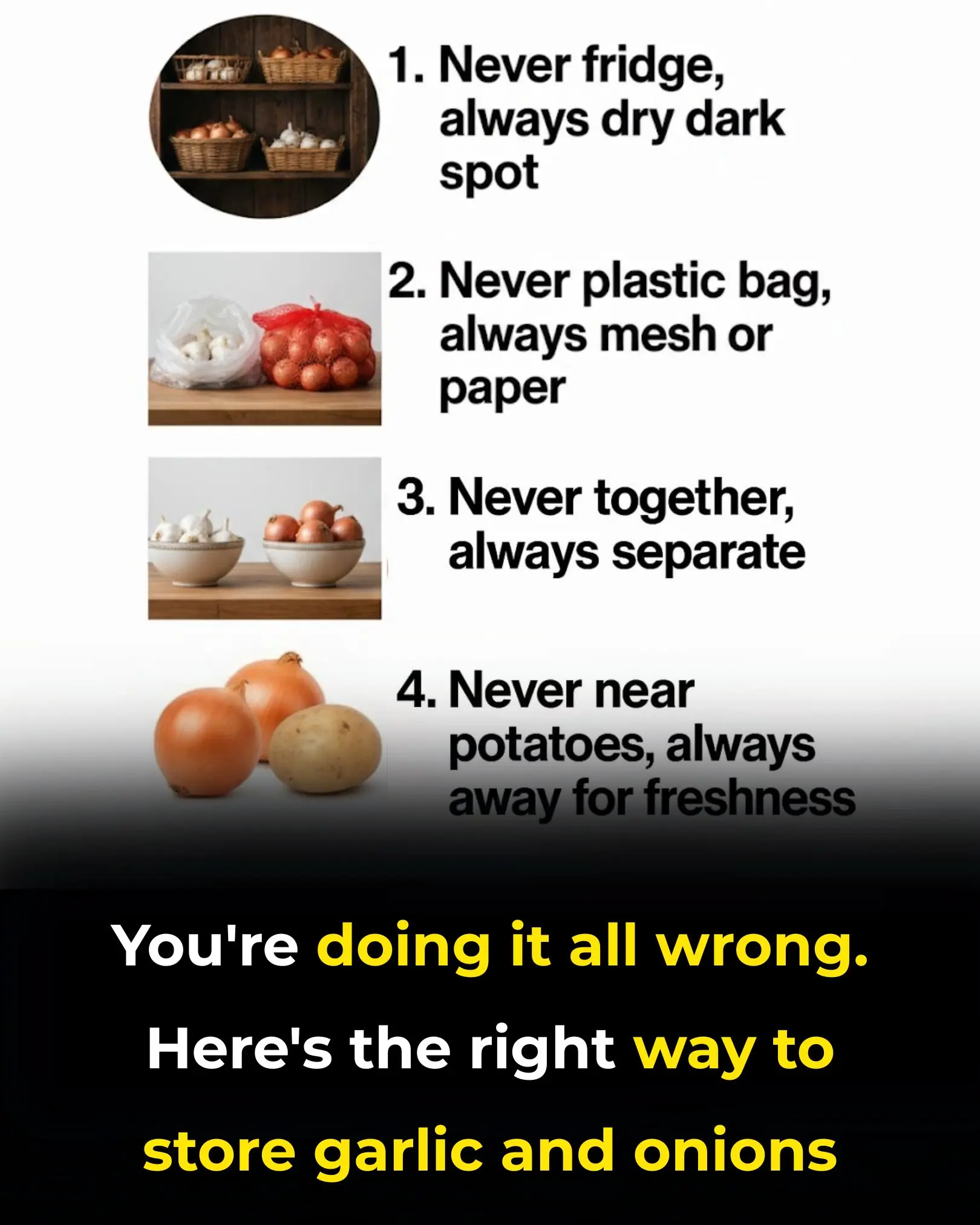
You’re storing garlic and onions wrong — here’s the right way

10 simple ways to reduce dust at home that most people overlook

You’re Doing It All Wrong: Here’s the Right Way to Defrost Frozen Pipes

I Didn’t Know!

Powerful Health Benefits of Pineapple You Should Know
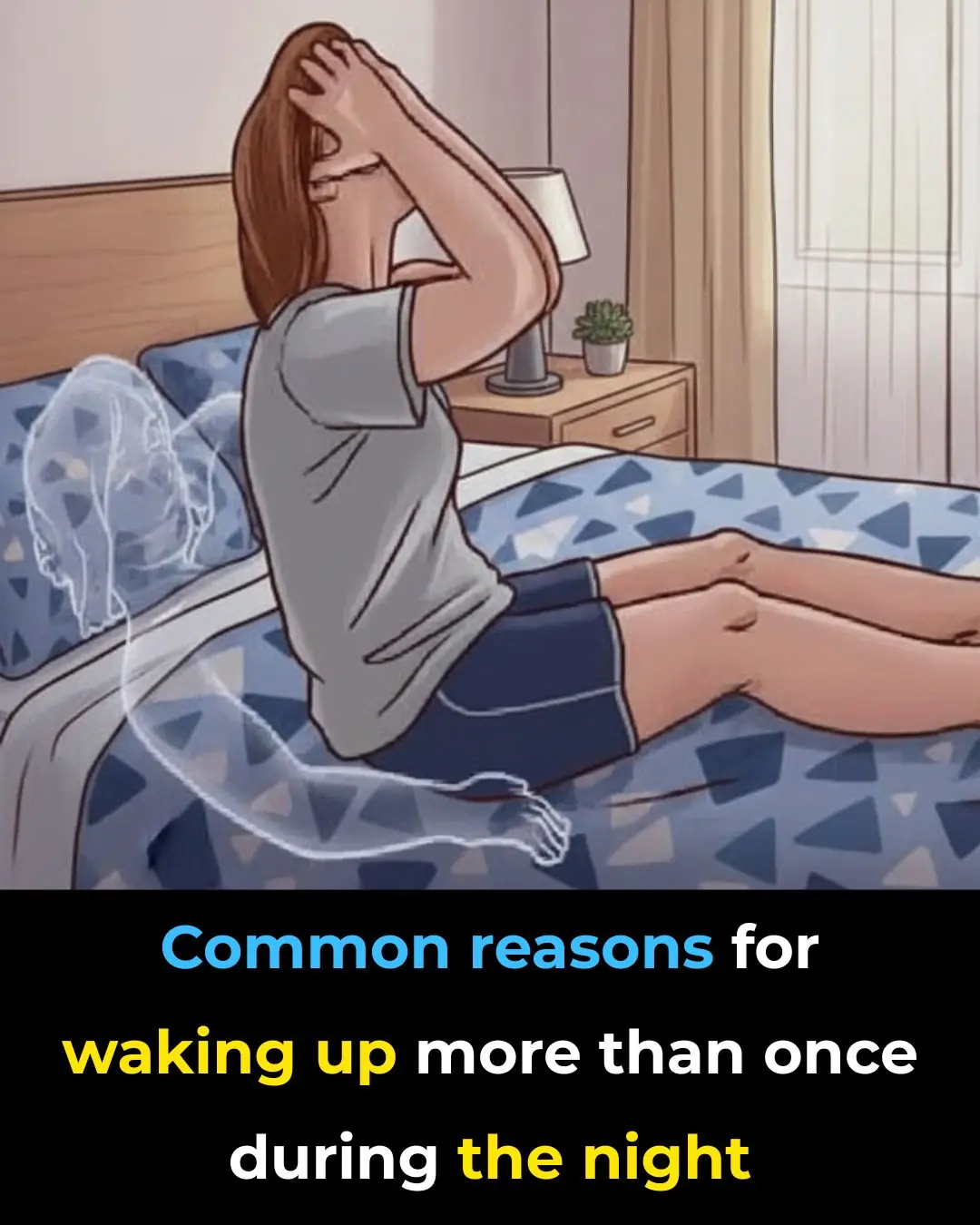
Why You Keep Waking Up at Night
China Just Launched the World’s First 10G Home Internet — And It Signals the Future of Global Connectivity

Good to know!
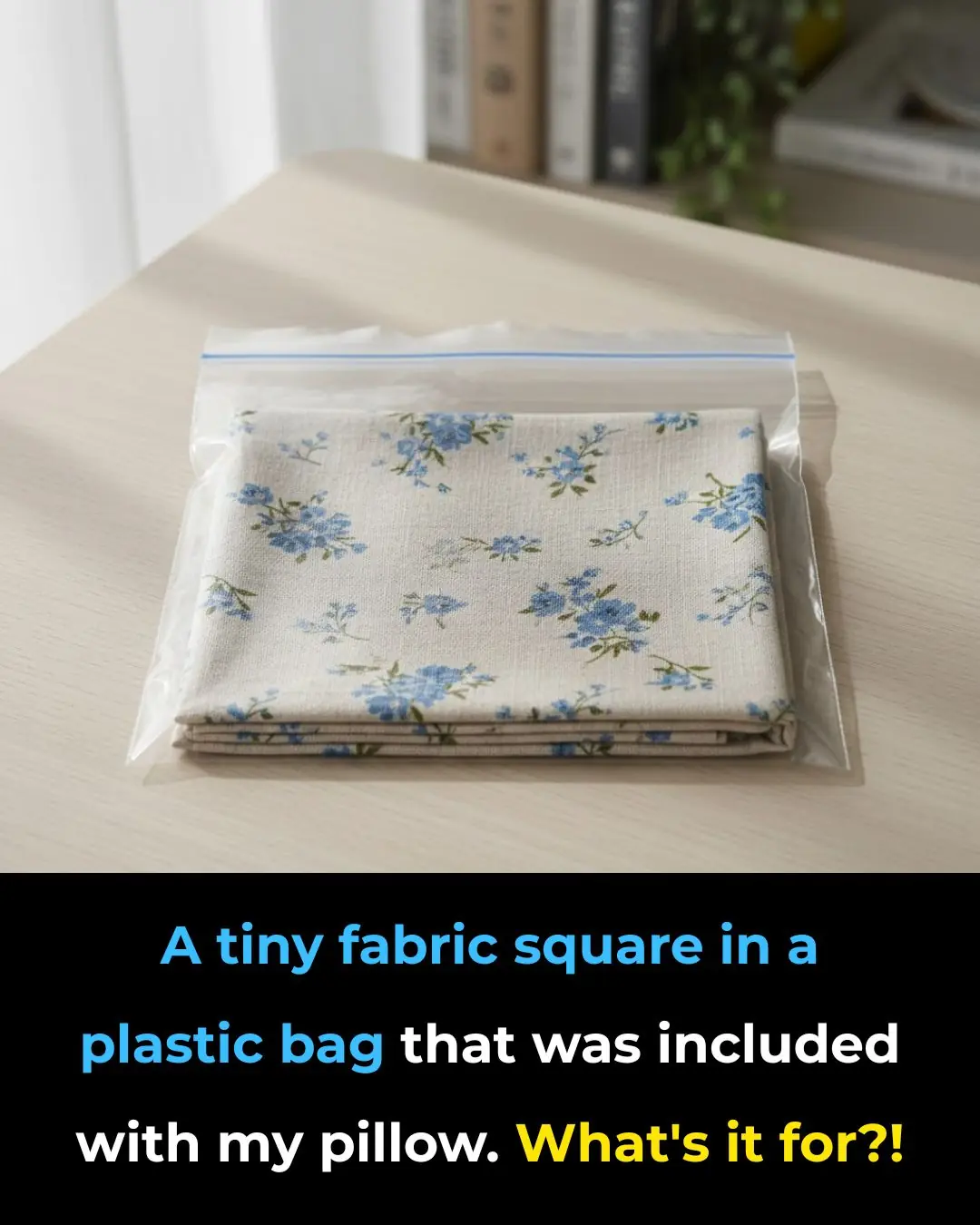
I had no idea
